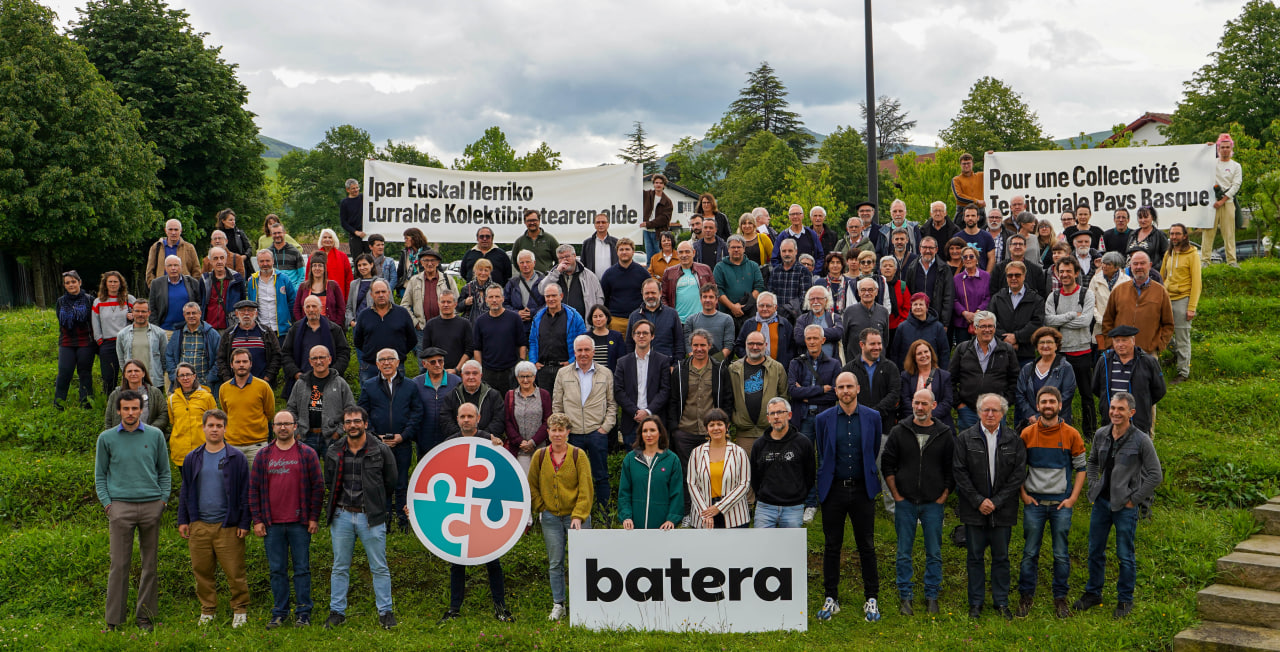We haven't asked for permission to be caregivers.
We have nine more days in Hego Euskal Herria to make unpaid care compatible with employment. The measure has been viewed favourably as one more step towards alleviating the burden of care and making families more sustainable, recognizing that there are many family models. Applaud -- or not.
Conciliation policies have not served to unite men to care tasks; most of the permits are taken by women and more when they are for the care of adults. Care is a policy that perpetuates the economic and social repression of women, because it affects employment and because dual working hours reduce our chances of social participation. They are not enough to meet the needs of what needs to be cared for. Care equates to diseases and current dependence, not to people's needs, insisting on a limited and inadequate vision of their care.
It is true that for the caregiver the days of leave will be welcome. But it is disappointing that for those of us who are striving to change the model of care organisation, it is not heard in the institutions that it is time to overcome conciliation policies and to articulate a monitoring system. Disappointing, not to mention shorter working hours, and disappointing to see that care remains a family issue.
Feminism has long ceased to ask for permission to take care to ask for care to be reorganized in its entirety, and it is time that the demand for women’s liberation took its place on the political and institutional agenda.
The whore’s monologue in the madhouse
- The author(s): Franca Rame and Dario Fo.
- From the translator: Assisted by Xabi Martinez De Lezea.
- The actor is: Assisted by Laura Penagos.
- When: April 12th.
- In which: At the Atxulondo Cultural Center in... [+]




















